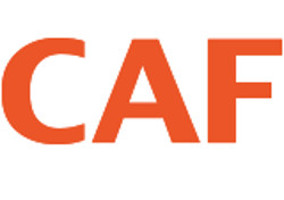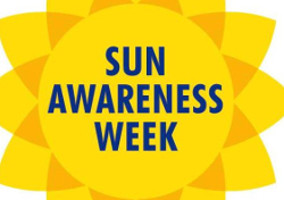Almost a quarter of people are not aware that services they had used were run by charities, research by the Charities Aid Foundation has revealed.
The findings come from CAF’s Charity Street II, which looks at the value of charity to British households. For the first time, the report looked at people’s awareness of the services asked about being charities. It found that overall there was fairly low level awareness of what services were charities.
It found that 23 per cent of respondents were unaware that the charity services that they or someone in their household have used were run by charities. This lack of awareness of charitable status decreases with age, with a third of 18-24 year olds unaware of their charity status compared to one in six of 55+ year olds.
It did find, however, that awareness of a service’s charitable status does increase with use. Just over four in five, or 81 per cent, of those whose household uses charity services at least weekly (or monthly 82 per cent) were aware of their charitable status, compared to 75 per cent of those who use the services less often.
The survey also listed services provided by charities. Fewer than one in ten respondents were aware that all the services listed were provided by charities, while only 45 per cent were aware that most of the charities were provided by charities.
The report also found that charities are best placed and most trusted to speak on behalf of the disadvantaged, 84 per cent felt that charities were best placed to speak on behalf of disadvantaged people and 76 per cent said they most trusted charities to do this. This is significantly higher than for politicians where 27 per cent felt MPs were best placed and just 3 per cent said they would trust them most to speak on behalf of disadvantaged people.
CAF released preliminary figures from the report back in April, when it revealed that 98 per cent of households now use a charitable service.
The data in the report comes from a survey, undertaken by Populus between 19th and 21st September. It collate 2,054 responses in total, and were weighted to be representative of the UK adult population.
Related articles










